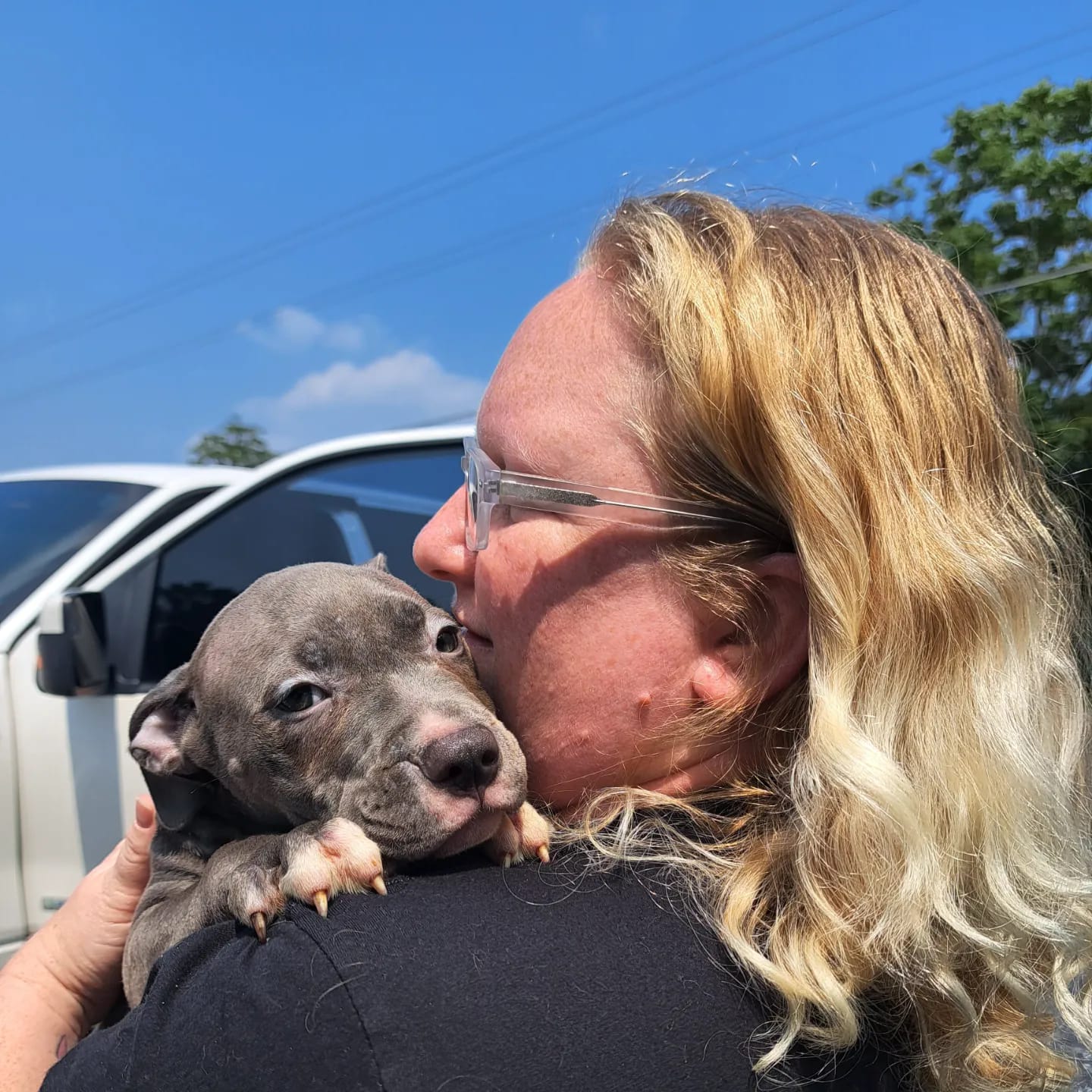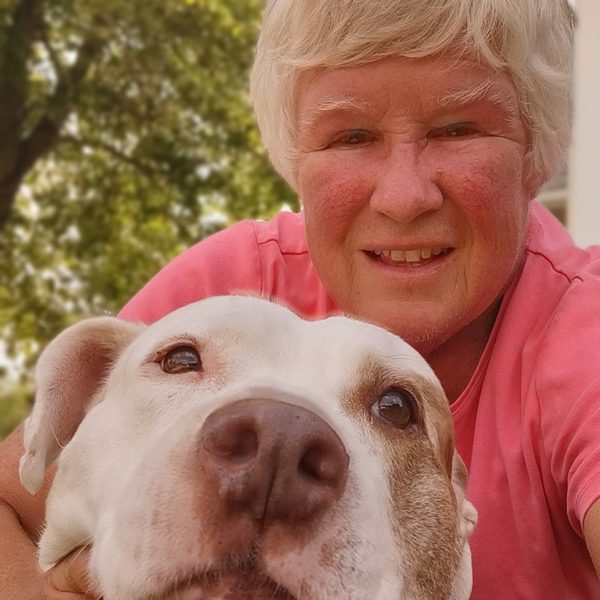Foster a Pet and Save a Life
SVASC fosters provide a lifesaving service for homeless cats and dogs. Fosters open their homes to care for sick and injured pets, animals having trouble adjusting to shelter life, pets who need work on their socialization skills, or those who simply need time to grow before being ready for adoption.

These animals are in desperate need of a foster home!
What does fostering involve?
When you foster, you agree to take a shelter animal into your home and give them love, care, and attention, either for a pre-determined period of time or until the pet is adopted.
How long will I be fostering?
The amount of time spent fostering will vary. It may range from a weekend to several weeks, or even months, depending on the individual case. During kitten season, many mother cats and kittens need a place to stay for several weeks while they are growing.
Fostering time is usually determined by several aspects, including your expectations and financial resources. The length of time a pet can stay in foster care also depends on the individual pet and his or her needs. Our staff will clearly define this timeframe before any agreement is made.
Animals in foster care that exceed four months need to be approved by the Executive Director. It is important to understand that the shelter provides for hundreds of animals each year and that care may be dependent on financial resources.
What are the requirements for fostering?
There are a few things to consider when deciding to foster an animal. Foster caregivers must:
- Be at least 18 years old.
- Complete a foster care application and sign a foster care agreement.
- Have the time and ability to care for the foster animal(s) and keep them safe from potential hazards.
- Keep the fostered animal(s) indoors.
- Inform the shelter when you are traveling with the foster animal.
- Be able to set aside time to bring your foster animal in for scheduled follow-up vaccinations, spay/neuter surgery, and/or adoption events.
- Be able to administer medication (as needed).
- Isolate foster animals from family pets within the home (as needed).
- Quarantine your foster animals for the first 14 days to prevent the spread of diseases to resident pets.
- Maintain a peaceful, loving environment for the foster animals and spend time socializing with them.
- Maintain communication with the foster coordinator – notify immediately of any changes in appetite, signs of illness, etc.
In addition:
- Existing animals in your home must be up-to-date on vaccines, spayed or neutered, and in good health
- Every family member in the household will need to be prepared for the commitment and emotions involved with fostering.
In addition:
- Existing animals in your home must be up-to-date on vaccines, spayed or neutered, and in good health
- Every family member in the household will need to be prepared for the commitment and emotions involved with fostering.
How do I become a foster parent?
If you have questions about fostering dogs or cats, please contact us.
What if my foster needs medical attention?
Any medical care is provided by the shelter or a veterinarian. Medical needs should be communicated to shelter staff before any appointments are made. Staff are responsible for coordinating any medical care. The shelter is not financially responsible for any medical care that is not approved by shelter staff.
When bringing your foster animal to the shelter for medical treatments or boosters, please wait in the lobby during the treatment. Our staff will bring your foster animal back to you when they are finished.
Why do shelter and rescue groups need foster homes?
There are many benefits to placing an animal into a foster home. Here are some examples of animals that need foster homes:
- Orphaned kittens and puppies that require frequent (around the clock) bottle feeding and care.
- Scared/unsocialized cats and dogs who need time and patience to learn to trust humans and build confidence.
- A momma cat and her babies need a quiet place to stay and will need socialization as they grow older.
- A cat or dog recovering from surgery, illness or injury needs a safe place to recuperate.
- A cat or dog showing signs of stress, such as pacing or hiding in the shelter needs a calm place to relax.
What are the benefits of fostering?
Fostering is one of the most rewarding experiences you can have (other than adopting, of course). By taking an animal in need temporarily into your home, you’re:
- Freeing up a cage at the shelter for another cat or dog.
- Giving your foster animal the time that s/he needs to be ready for adoption.
- Helping the shelter learn more about the animal so they can find the right adoptive home for him/her.
- Socializing the cat or dog to a home environment and (possibly) getting him/her used to being around other pets and new people.
Fostering is a good option if you are unable to care for an animal full-time (if you travel a lot, frequently move, etc.). It’s also a good way to determine if having a cat or dog in your life is for you.
Emotional ups and downs of fostering
You may only have your foster animal for a short period of time but might quickly bond. It can be difficult to let a foster pet go but remember that doing so is for the greater good, once the cat or dog has found a new family, this will free up space for you to help another animal in need.
What do I need to do while fostering an animal?
Other than caring and nurturing the animal, there might be other duties. Fosters are expected to meet potential adopters and/or attend adoption events that help promote the animal. If you can not attend an adoption event, please inform the staff as soon as possible to see if there might be a volunteer who could handle your foster animal at the event. Adoption events are crucial for eligible animals to attend because they increase the animal's visibility to potential adopters.
Interested in becoming an animal foster?
Fill out the relevant application and you could be snuggling with your new foster soon!
FOSTER HALL OF FAME

Meet Jean Fraser, a dedicated foster with Shenandoah Valley Animal Services Center! Jean has fostered 35 cats and dogs for SVASC, and that’s counting her seven foster fails!
Jean shared the following about her fostering experience with SVASC:
“I looked at the seven creatures that share my home and realized that five of the seven were SVASC foster fails. I realize that this isn't how fostering is supposed to work (although certainly, they have lived happy and well-loved lives with me). So it took a bit of soul searching and memory refreshing to realize that I have successfully fostered another 28 cats and dogs, who were successfully adopted into homes of their own. When you open up your home to a string of fosters and make yourself available when space is needed in the shelter, you know that you are saving at least two lives by creating empty cages. Two of my favorite fosters were dogs that probably would not have found homes without me. One was Kilner, a beautiful golden retriever mix. He was so handsome that he was adopted five times (and returned), leaving a trail of destruction in his wake. He got to spend nearly three months with me, gradually settled down, and was adopted by a retired couple in Virginia Beach. And then there was Dreamy, 14 years old with an enormous growth hanging from her belly. I took her as a hospice foster after being told she had only months to live. That old girl surprised us all and lived another two and a half years.”
Thank you for helping our shelter by fostering animals in need and saving more lives. Jean has been a long-term volunteer with SVASC and her contributions reach far past fostering. We can truly say we don’t know where we would be without her years of dedication, patience, and willingness to drive all the way to Texas with a frantic dog for a rescue transport.
